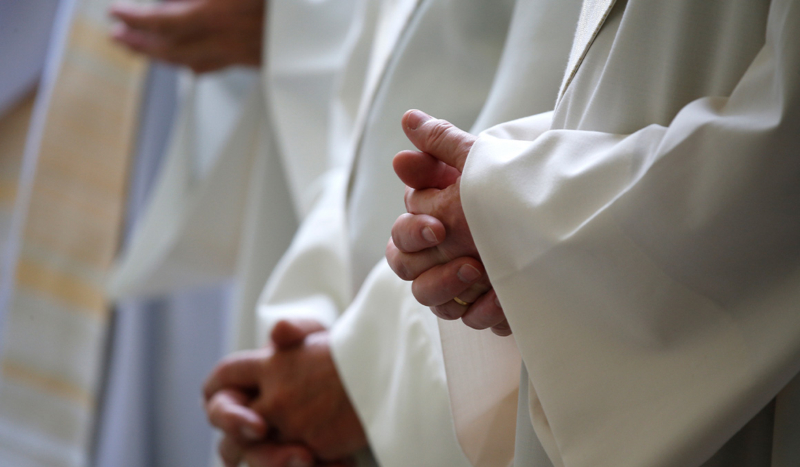
Adobe Stock
Lawmakers have introduced a bipartisan bill to prevent foreign-born clergy from being forced to leave their congregations due to a massive immigration backlog, a move religious leaders say is urgently needed to preserve access to sacraments and spiritual care across the US.
In 2023, the US government changed the way it processes green card petitions for religious workers, merging them with applications from vulnerable immigrant children without raising the annual visa cap.
This change created a severe backlog, extending wait times for visas from roughly one year to more than a decade. As a result, many clergy have been forced to leave the US once their R-1 visas expire, severing ties with the congregations they serve.
In an effort to address this issue, lawmakers introduced the Religious Workforce Protection Act in April, a bipartisan bill that would allow foreign-born religious workers to remain in the country on renewable three-year visas until their green card applications are adjudicated.
Senators Tim Kaine, D-Va., and Susan Collins, R-Maine, are among those championing the legislation, USA Today reported. Kaine noted that even his own parish has relied on immigrant priests.
“Immigration bills are tough in the current political climate,” Kaine said, “but this is a narrow fix for a pretty specific group of individuals.”
In a letter to Congress, Archbishop Timothy Broglio and Bishop Mark Seitz of the United States Conference of Catholic Bishops (USCCB) warned that the current situation endangers access to the sacraments.
“An increasing number of American families will be unable to practice the basic tenets of their faith if this situation is not addressed,” they wrote. “Likewise, hospitals will go without chaplains, schools will go without teachers, and seminaries will go without instructors.”
Church leaders across denominations have reported similar concerns. Rev. Canon Dan Smith, who serves in the Episcopal Diocese of Central Florida, said a significant portion of their clergy are foreign-born, especially from the Caribbean.
“I’ve got congregations that are almost entirely Caribbean, so to find someone who understands the culture is a real benefit,” Smith told USA Today.
The backlog not only affects churches but also religious workers in hospitals, prisons, and the military. Some dioceses report that thousands of parishioners may lose regular access to pastoral care. According to David Spicer of the USCCB’s migration services, 30% of dioceses have already seen at least one worker leave, and more than half expect further losses.
“This is simply not sustainable for the workers, their religious organizations or the communities that rely upon them,” Spicer told USA Today.
Immigration attorney Evelyn Batista explained that about 30% of the 150,000 applicants for EB-4 visas — the special immigrant category that includes both religious workers and vulnerable minors — are clergy and other faith-based personnel. She and others view the proposed legislation as a crucial fix, USA Today reported.
“This is an instance where you have bipartisan collaboration,” Batista said. “It’s rare to see that, so it just shows how important this is to both parties.”

